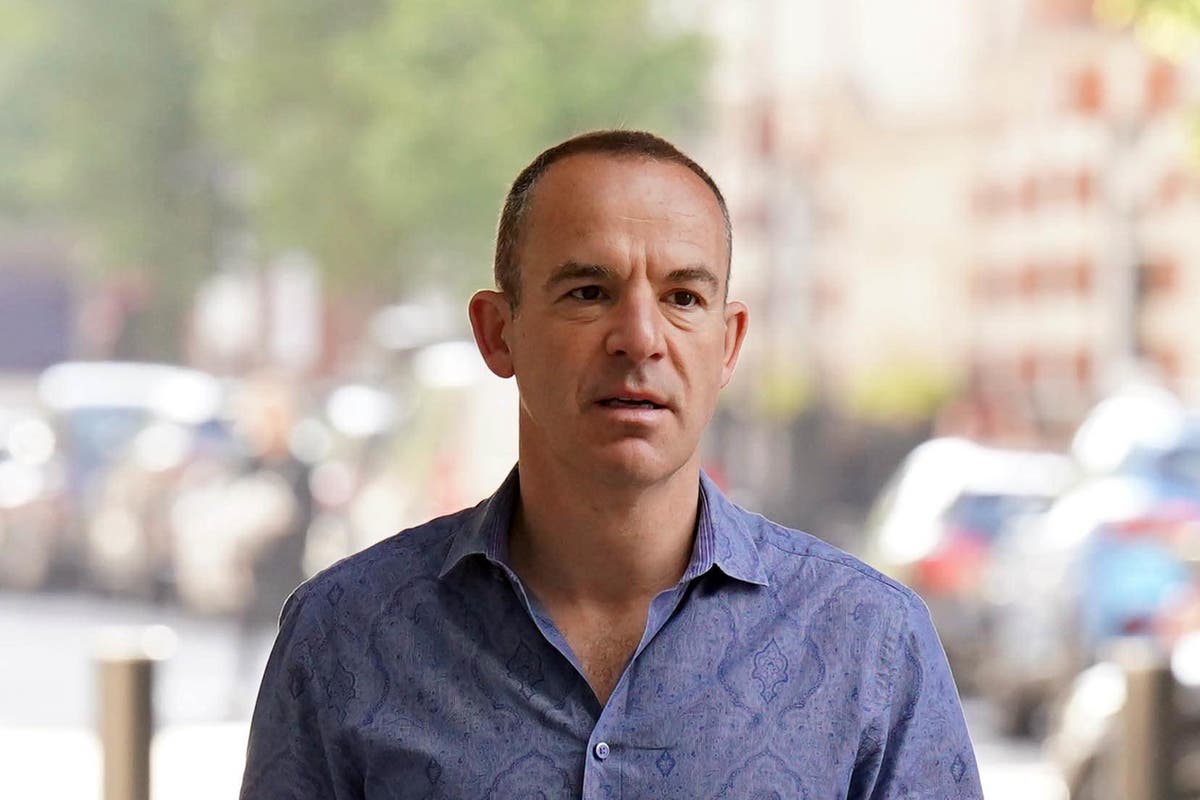Money expert Martin Lewis has revealed his five top tips for the cheapest energy tariffs after Ofgem announced the price cap drop on Friday.
Household energy bills have fallen to their lowest in two years, with the average duel-fuel household seeing a fall of £238 for the average dual-fuel household or around £20 a month over the course of a year.
Responding to the announcement, Mr Lewis unveiled five key points of information including tips on which is the cheapest way to pay, switching deals and how to undercut the price cap.
“The new rates for 1 April have just been announced. In a nutshell, for every £100 a Direct Debit user spends on energy today, they’ll pay £87.70 for it from 1 April,” he posted on X. “So it’s an improvement, and predictions are it’ll drop again in July, though overall prices are still too expensive, nearly double the price of the cheapest pre-crisis.”
According to energy consultancy firm Cornwall Insights, the energy price cap is expected to fall yet again in July as the UK continues to weather the storm after tensions in the Red Sea.
Despite this, bills remain 49% higher than pre-energy crisis levels, with figures from the charity National Energy Action showing that six million households remain in fuel poverty. This is compared to 4.5 million in October 2021
Here are the money saving expert’s top five things you need to know:
1. Prepay will become the cheapest way to pay
He unveiled five top tips beginning with the revelation that prepay meters will become the cheapest way to pay.
He said: “Prepay standing charges have been lowered to equalise them with Direct Debit, yet as prepay unit rates are cheaper, that means overall for a typical user from April, prepay will be about 3% cheaper.
“Prepay, which many of the most vulnerable use, was always the rip off, so this is a staggering turn around.”
He added a note of caution: “Yet before you jump to it, a word of caution… if and when proper competition returns there are rarely any prepay deals.
“All the big money and discounts are thrown out to win new Direct Debit customers. So I strongly suspect Direct Debit will stay by far the overall cheapest for people who switch, but for those who don’t, it’ll be prepay.”
Martin Lewis issues crucial warning to credit card users.
(Getty)
2. The energy bill poll tax (standing charges) will get worse
He went on to warn that the “energy bill poll tax”, or standing charges, will get worse as standing charges for direct debits will rise from the current £303 to £334 per year.
“Even though overall bills will fall, standing charges won’t,” he said. “I call standing charges a poll tax as you pay it regardless of usage eg many elderly who only use gas for winter heating, still pay for their meters in summer.
“I believe it is a moral hazard, as those on lower usage get less benefit and are disincentivised from cutting bills.”
3. Switching deals may be kicked into action for 1 April
From April 1 Ofgem is changing one of the two main background rules that stop it.
The regulator is ending the Markey Stabilisation Charge (MSC) regime it set up during the energy crisis, which means if you switch firms to cut costs, the new company must compensate your old company if it’s offering a cheap deal because wholesale rates are cheaper.
Mr Lewis says this has stopped firms from offering cheap switcher deals.
He wrote: “I was furious about this MSC, and am sad to say lost my temper and used inappropriate language with Ofgem staff during the height of high prices in the energy crisis, when I was told it was being done to ‘stop the harmful effects of competition’”.
However, he warned that Ofgem has extended another market restricting rule which bans ‘acquisition only’ tariffs for another year meaning firms must offer existing customers the same deals they offer new.
Ofgem said the drop would see energy prices reach their lowest level since Russia’s invasion of Ukraine in February 2022 (PA)
(PA Wire)
4. The British Gas Price Promise deal doesn’t look as good as it did.
Mr Lewis said this “major” tariff is being offered to new and existing customers. It’s currently 12 per cent cheaper than the market but promises to be £1 less than the April price cap – which the money saving expert says “won’t be as big a change”.
5. You can undercut the Price Cap by 3%.
Mr Lewis highlighted the Eon Next Pledge tariff, which promises to charge three per cent less than the price cap for the first year.

Robert Johnson is a UK-based business writer specializing in finance and entrepreneurship. With an eye for market trends and a keen interest in the corporate world, he offers readers valuable insights into business developments.








